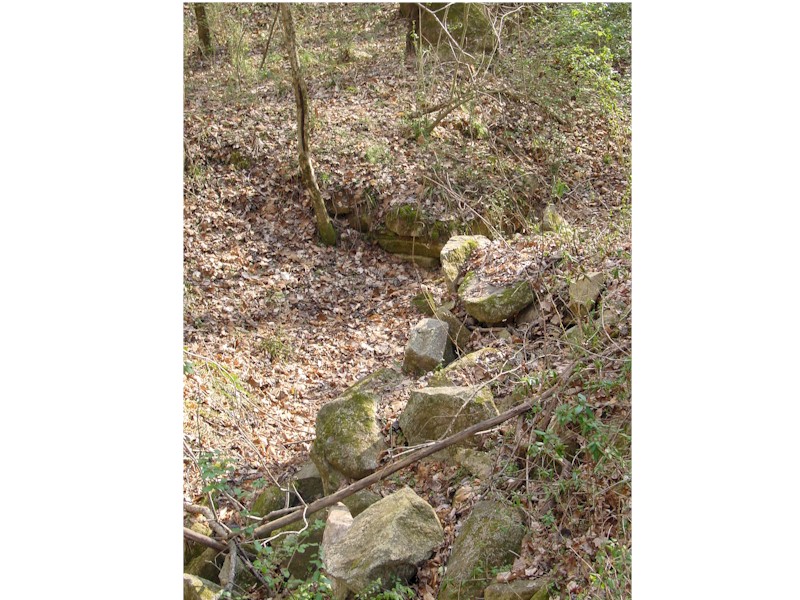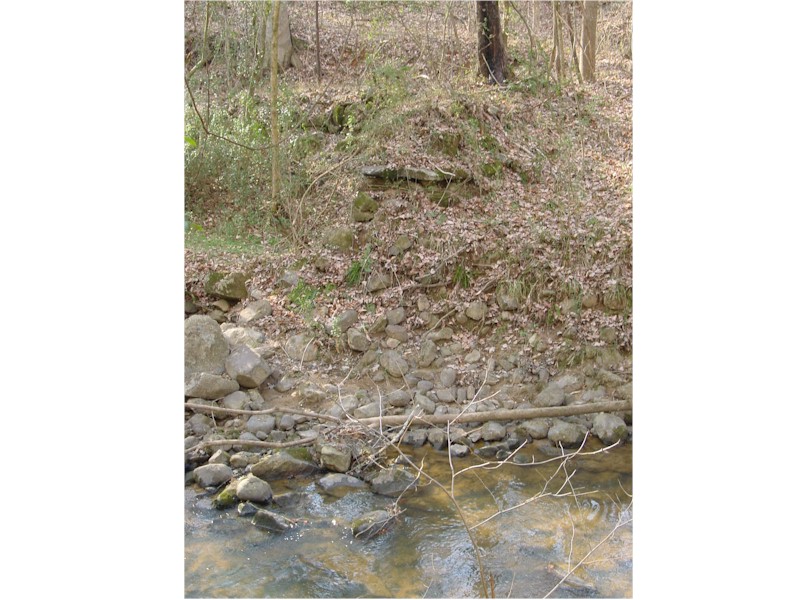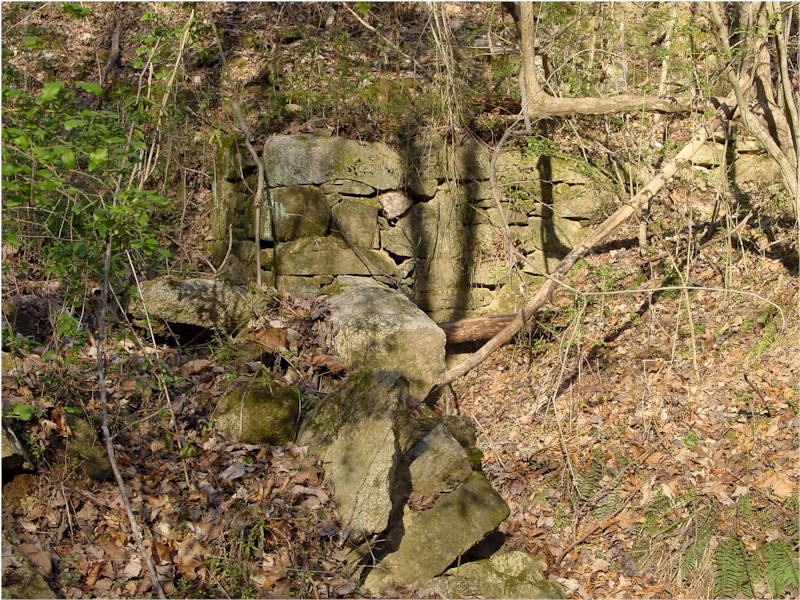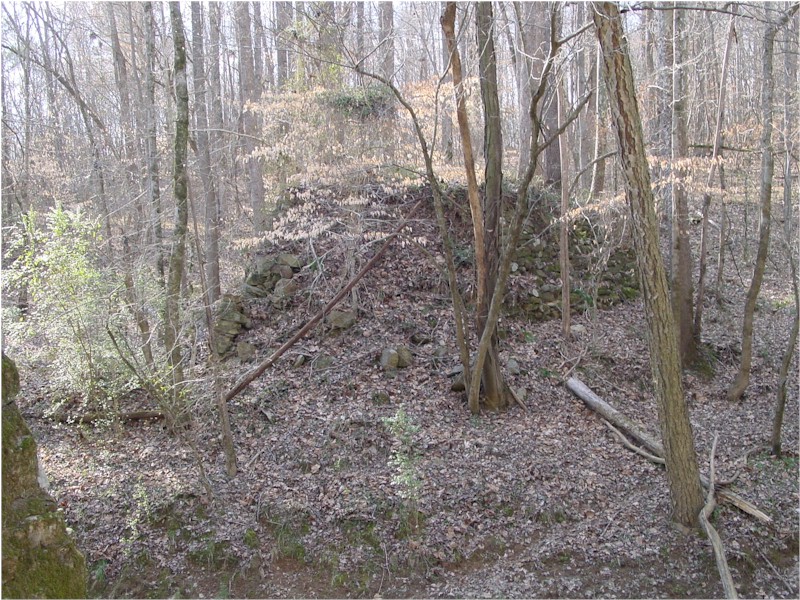




Read the Cultural Heritage Site Designation Report
Read more about Revolutionary War encampments at Harmon and Thomas Cox's mills
William Cox operated a mill on the west side of the Deep River along Mill Creek as early as 1757. When he died in 1767, he willed the mill to his son Thomas, and land on the opposite side of the river to his son Harmon. Harmon Cox developed a mill on the property along Millstone Creek, a tributary of the Deep River. Harmon Cox's mill became the center of community action during the Revolutionary War, and gained fame as the headquarters of the notorious Tory partisan, Col. David Fanning.
When war came, Harmon Cox's Mill was designated or considered a "public store," protected from destruction by both sides. When food and forage for the Continental Army ran low in Chatham County, Cox's mill became its destination and headquarters, with provisions sufficient to keep the forces supplied for more than a month. As the various state militias and county troops followed the Continentals toward Camden, Cox's mill became the staging area for United States forces to join the fight. It may have been at this time that the troops fortified the mill area, creating what Fanning later called "the Fort of Deep River at Cox's Mill." After the battle of Guilford Courthouse in March 1781, Fanning and his loyalist militia gained control over the area. A number of battles were fought between Whig and Tory militias for control of the mill, which changed hands at least four times as Fanning vanished into the countryside when outnumbered or endangered.
With Fanning's departure in the summer of 1782, Cox's Mill was never again the center of death and destruction, but it remained an important industrial center. Nothing remains of the Revolutionary fortifications on the bluffs above the mill site, but the foundations of the mill and the saw mill are visible, as are the foundations of later bridges, whether covered, steel or culvert varieties.
Related Sites:
Buffalo Ford
Col. Andrew Balfour Cemetery
Faith Rock
Searcy's Ford/Ferry; Waddell's Ferry; Waddell Cemetery
Raymond Cox Mill